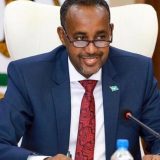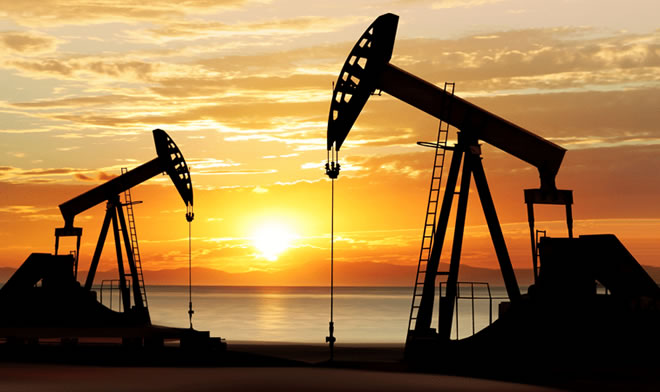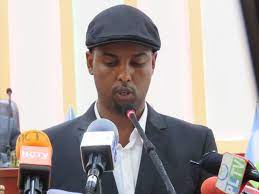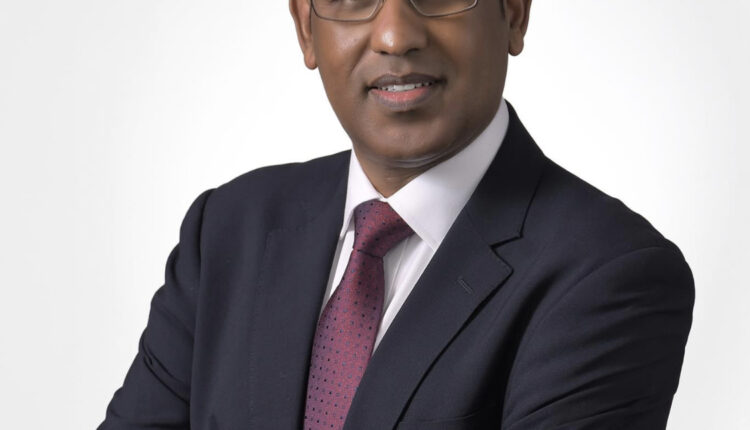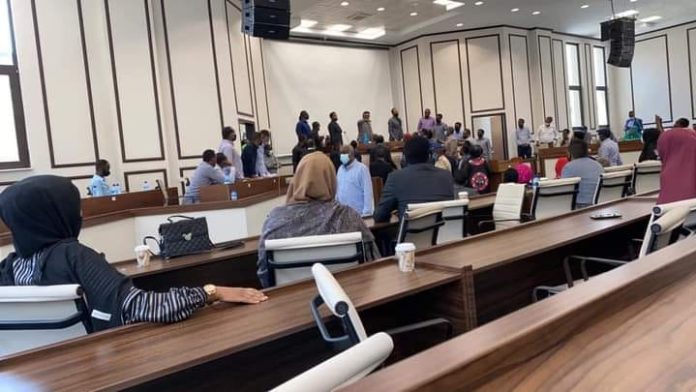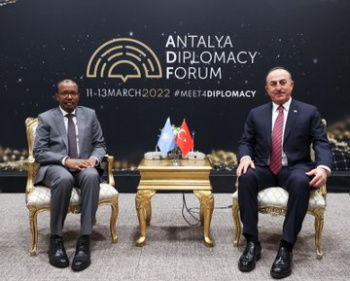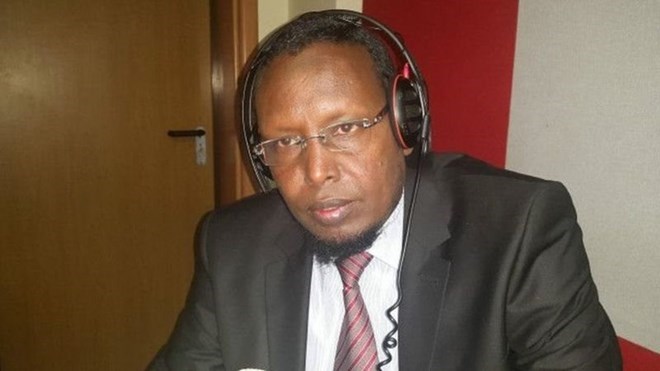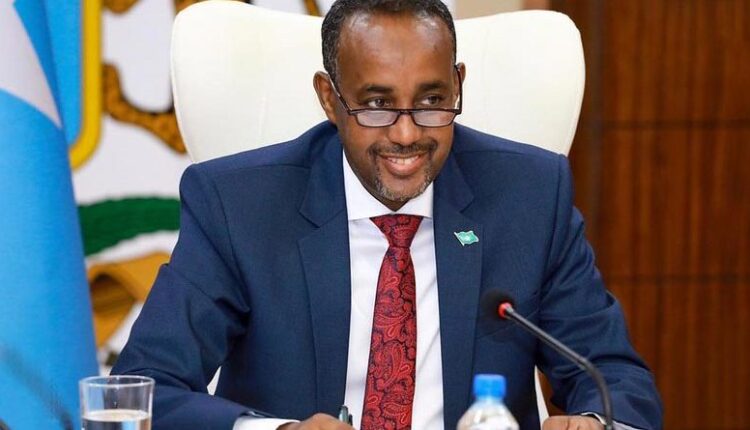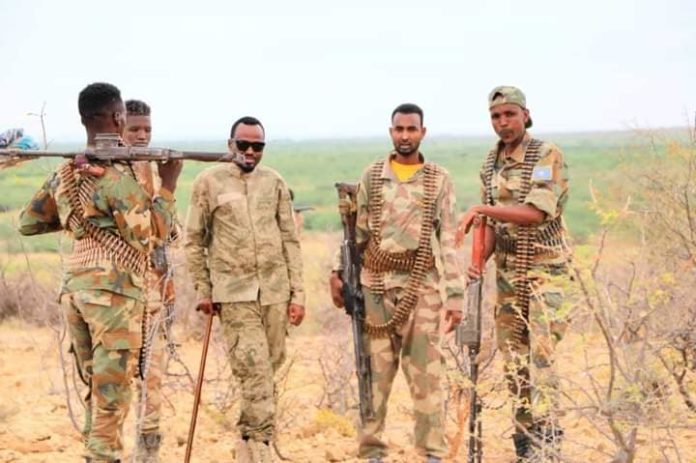Somalia wants oil, gas companies to resume exploration in country: minister
 Somalia’s federal government on Thursday called on major international companies to resume hydrocarbons exploration in the country.
Somalia’s federal government on Thursday called on major international companies to resume hydrocarbons exploration in the country.
Petroleum Minister Daud Mohamed Omar said a new framework for oil and gas exploration is in process of being created in an effort to attract investors, given that Somalia has lagged behind Kenya, Tanzania and Uganda in exploration for hydrocarbons.
“This not only demonstrates a commitment to re-opening the oil and gas industry, which will [lead to] economic and social development, but further confirms historic security risks associated with Somalia are continuing to diminish,” he told the East Africa Oil & Conference.
Shell, along with other companies that acquired onshore and offshore blocks in the 1980s, stopped exploration activities and declared force majeure when civil war erupted in Somalia after President Mohamed Said Barre was deposed in 1991
Omar said Somalia is discussing with Shell and ExxonMobil a way forward for the joint venture’s blocks that would enable exploration activities to restart and develop the country’s hydrocarbons resources potential.
“Companies with contested blocks ought to come. We hope discussions will help pave the way towards long-term development of a sustainable oil and gas industry as one way of rebuilding of the economy,” he said.
Shell was awarded a concession for offshore five blocks (M3-M7) in 1988 and was later joined by ExxonMobil in a 50-50 joint venture.
Omar said the security threat from al-Shabaab militants had been reduced as a result of other African nations deploying solders in Somalia to assist the government and offshore pirate attacks subsiding as a result of international naval patrols.
International oil companies are expected to weigh the security situation and the risk of becoming entangled in political disputes as a result of contested exploration deals being inked at different times in the past.
Analysts say Somalia wants to catch up with Kenya, Tanzania and Mozambique to the south, where recent hydrocarbons discoveries have the potential to transform the region into an exporter of oil and gas starting in 2018.
Kenya has discovered 600 million barrels of oil onshore and Tanzania about 50 trillion cubic feet of gas in place.
Mozambique has discovered vast quantities of gas while landlocked Uganda has 6.5 billion barrels of oil.
On August 28, Somalia began proceedings against Kenya at the International Court of Justice in a dispute over maritime borders in the Indian Ocean.
Somalia wants the ICJ to determine the maritime boundaries of Somalia and Kenya in the Indian Ocean, including the continental shelf beyond 200 nautical miles.
Kenya has awarded oil and gas exploration blocks in an area that Somalia contends is its territory because the boundary into the ocean runs diagonally southeast instead of east in a horizontal line.
Kenya and Somalia signed a memorandum of understanding in 2009 that the border would run east along the line of latitude, but the agreement was later rejected by Somalia’s parliament.
The presidents of Kenya and Somalia met in New York in late September to try to diplomatically resolve the dispute.

